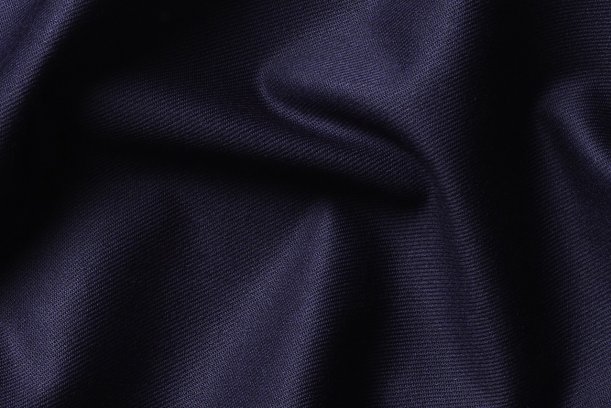
Scott Bader to sponsor CompIC ME 2018
Next generation protection for very demanding environments.

10th January 2025
Innovation in Textiles
|
Adlington, United Kingdom
Carrington Textiles will promote its range of protective workwear fabrics,at the Intersec 2025 trade show taking place at the World Trade Centre in Dubai from January 14-16.
The Middle East’s industrial sector is synonymous with high-risk environments, particularly in oil and gas production. Workers face hazards such as flash fires, chemical splashes and electric arcs – all within the context of demanding conditions, including sweltering heat and long shifts. In response to these challenges, flame-retardant (FR) fabrics with stretch properties are emerging as the next generation of protective workwear, delivering comfort, safety and durability.
Traditionally, FR fabrics prioritised protection over comfort but the increasing demand for ergonomic clothing has driven a shift towards stretch solutions. Thanks to innovations in textile engineering and the influence of modern fashion, these fabrics now combine unparalleled flexibility with the stringent safety standards required in high-risk industries.
Stretch fabrics such as Carrington’s Flametougher 290AS Flex and Flameflex 300AS demonstrate how this transition is not just a luxury but a necessity. Flametougher 290AS Flex, for example, incorporates 19.5% Cordura nylon 6.6 for exceptional durability and strength, blended with 78% cotton for lightweight comfort. At just 290gsm, it ensures workers maintain mobility without compromising on protection.
Flameflex 300AS, weighing 300gsm, provides a perfect balance of durability, flexibility and flame resistance. Its 83% cotton and 14% polyester composition ensures longevity, while 2% EOL fibres enable enhanced elasticity – critical for workers in physically intensive roles such as oil rig operations or refinery maintenance.
“These fabrics are not just about comfort, they’re about enabling workers to perform their duties safely and efficiently in some of the most demanding environments on the planet,” says Carrington sales director Paul Farrell.
Flexibility in workwear is also a matter of safety. Restricted movement can lead to fatigue, reduced compliance with safety standards and accidents. Stretch FR fabrics excel in adaptability. Whether it’s a worker scaling scaffolding on an oil platform or handling maintenance in a petrochemical plant, garments made with stretch FR textiles allow for the unrestricted movement critical to performing tasks safely.
The rise of these type of fabrics also owes much to the fashion industry. Decades of innovation in stretch garments for everyday use have created a ripple effect in workwear. Workers increasingly expect the same level of comfort and fit in their protective clothing, and manufacturers are responding.
“Modern workers see their uniforms as part of their toolkit and demand high performance from their workwear,” Farrell adds. “Stretch fabrics bridge the gap between comfort and performance.”
As the Middle East continues to expand its industrial base, the demand for advanced safety solutions will only grow. Flame-retardant fabrics with stretch properties, such as Flametougher 290AS Flex and Flameflex 300AS, represent the cutting edge of protective clothing, ensuring workers can perform at their best in challenging conditions.

Business intelligence for the fibre, textiles and apparel industries: technologies, innovations, markets, investments, trade policy, sourcing, strategy...
Find out more